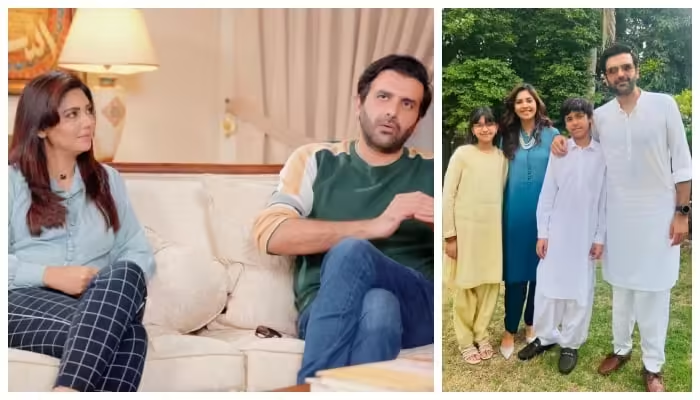In a candid interview, renowned Pakistani media personality Mathira shed light on her journey with mental health, particularly Attention Deficit Hyperactivity Disorder (ADHD). Her openness about the challenges and benefits of ADHD is not only refreshing but also highlights the growing need for mental health awareness in society. Mathira’s story emphasizes that mental health issues are real and deserve attention, and she stresses the importance of seeking professional help without feeling any shame.
Discovering ADHD as an Adult
Mathira disclosed that she only came to know about her ADHD as an adult. Like many people, she struggled with undiagnosed symptoms for years, which often left her feeling misunderstood and confused about her own behavior. Upon visiting doctors, she was finally diagnosed with ADHD and prescribed medication to manage her condition. She explained that understanding ADHD helped her better cope with her mental health challenges, and it offered clarity about behaviors she once found difficult to explain.
ADHD is a neurodevelopmental disorder that affects focus, impulse control, and activity levels. Many adults discover they have ADHD later in life, as symptoms can often be overlooked or mistaken for other issues during childhood. For Mathira, this diagnosis was a crucial turning point in understanding her mental well-being.
Addressing Mental Health Stigma
Mathira stressed the importance of seeking medical help for mental health issues, dispelling the stigma surrounding such conditions. She stated that there is no shame in admitting that one needs assistance for mental problems, whether through therapy, counseling, or medication. By opening up about her personal experience, she hopes to break the silence surrounding mental health in Pakistan and encourage others to seek help.
In many cultures, including Pakistani society, discussing mental health is often considered taboo. People are reluctant to talk about their struggles, fearing judgment or dismissal. Mathira’s message is clear: mental health issues like ADHD are not signs of weakness, and addressing them can lead to a better quality of life.
Positive Aspects of ADHD
While ADHD is often viewed as a challenging disorder, Mathira pointed out some of its positive aspects, such as the ability to recover from trauma more quickly and the capacity for quick thinking and action. Individuals with ADHD can possess unique strengths, such as creativity, problem-solving abilities, and resilience.
However, Mathira emphasized that these strengths can only be harnessed if ADHD is understood and managed effectively. She encourages individuals with ADHD, as well as their families, to focus on the positives while seeking professional guidance to deal with the challenges.
Supporting Children with ADHD
Mathira’s message to parents is especially powerful. She urged parents not to pressure their children with mental health issues like ADHD but instead to channel their energy into positive activities. Children with ADHD are often highly intelligent and talented, but they may face difficulties with traditional educational or social settings. When pressured to conform to rigid standards, these children can feel overwhelmed, leading to frustration and further behavioral issues.
By offering support and understanding, Mathira believes parents can help their children thrive. She encouraged parents to recognize the potential in their children and avoid placing undue pressure on them, which can exacerbate their difficulties. Instead, they should nurture their strengths and guide them in a way that promotes positive growth.
Advocacy for Mental Health Awareness
Mathira’s public discussion about ADHD and mental health is a significant step toward raising awareness in Pakistan. Her platform allows her to reach a wide audience, and by sharing her personal struggles, she is helping to normalize conversations about mental health. In a country where mental health is still heavily stigmatized, public figures like Mathira play a vital role in changing perceptions and encouraging more open dialogue.
Mathira’s candid discussion about her experience with ADHD and mental health sheds light on the importance of awareness, understanding, and support. Her message is one of hope, resilience, and empowerment. By speaking openly about her journey, she is helping to break down the barriers of stigma, encouraging others to seek help, and promoting a healthier, more compassionate approach to mental well-being.



